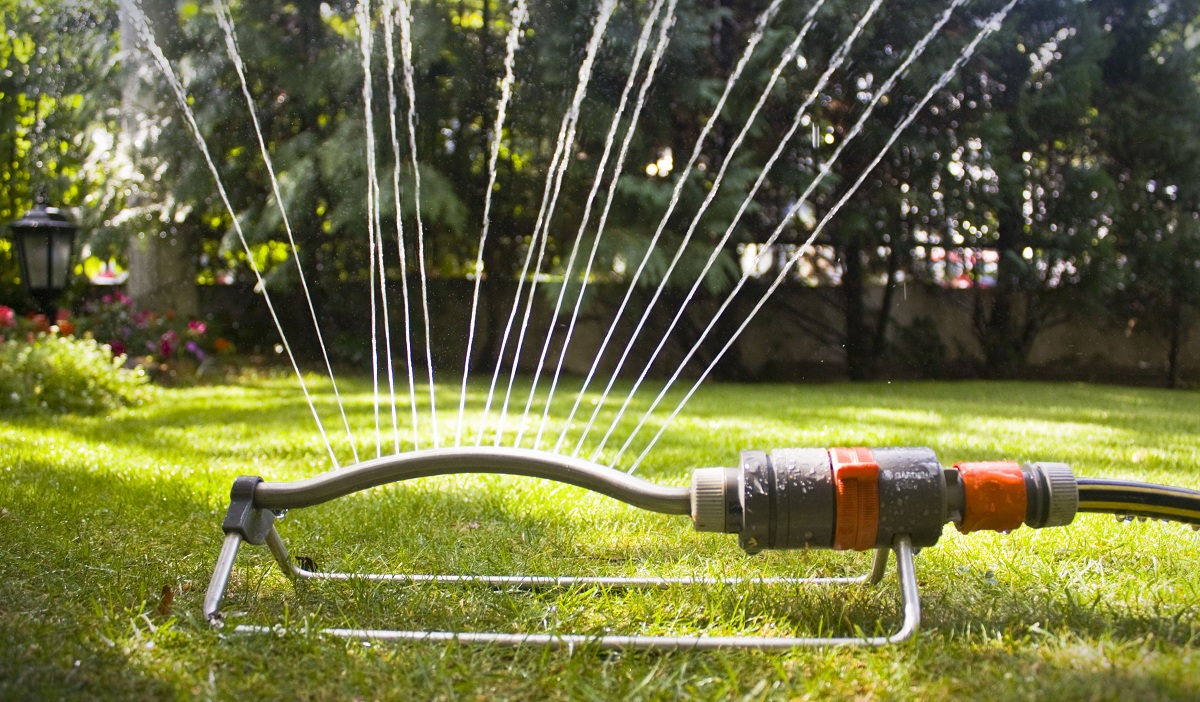Water companies in southern and eastern England should go ahead with metering programmes to tackle pressure on water resources – but not without tackling affordability problems for low income consumers, warned the consumer watchdog today. The Consumer Council for Water has said consistently that compulsory metering cannot go ahead without support for people on low incomes.
In a response to Government consultation on water metering in areas of serious water stress, the Consumer Council for Water highlighted that low-income families must have access to financial support before compulsory metering takes place. Larger households in lower rateable value properties tend to have higher bills after switching to a water meter, as they use more water than average.
Dame Yve Buckland, Chair of the Consumer Council for Water, said: “We support the Government’s view that metering is essential in water stressed areas, but have argued consistently that compulsory metering will make it difficult for low income, larger households to afford their water bills – and there is no credible support system to help them.
“Consumers’ concerns about metering will only be addressed with a comprehensive support mechanism. Water companies should pilot new tariffs, where feasible, to find out how useful they could be to consumers once metering becomes more widespread, but Government also has an important role in creating a framework for such support.”
Research commissioned by CCWater, Fair Charging (March 2007) showed that the majority of consumers think that metering is fairer than other charging systems. However, for many this attitude was joined to the worry that metered tariffs would rise, that it would become a struggle to pay bills, and even that they might become anxious about using water.
New metering technology providing good, clear information about use must also feature in any local plans for compulsory metering, Dame Yve Buckland added: “In the long run, consumer behaviour will be the most important element in reducing water consumption. That means helping consumers to see how much they are using. Therefore it would be nonsensical to roll out any compulsory metering programme without proper trials on so-called ‘smart’ meters.
“As with conventional meters, smart metering is a tool not the solution. Smart metering is not about technology – it is about consumers seeing and controlling what they use.”
